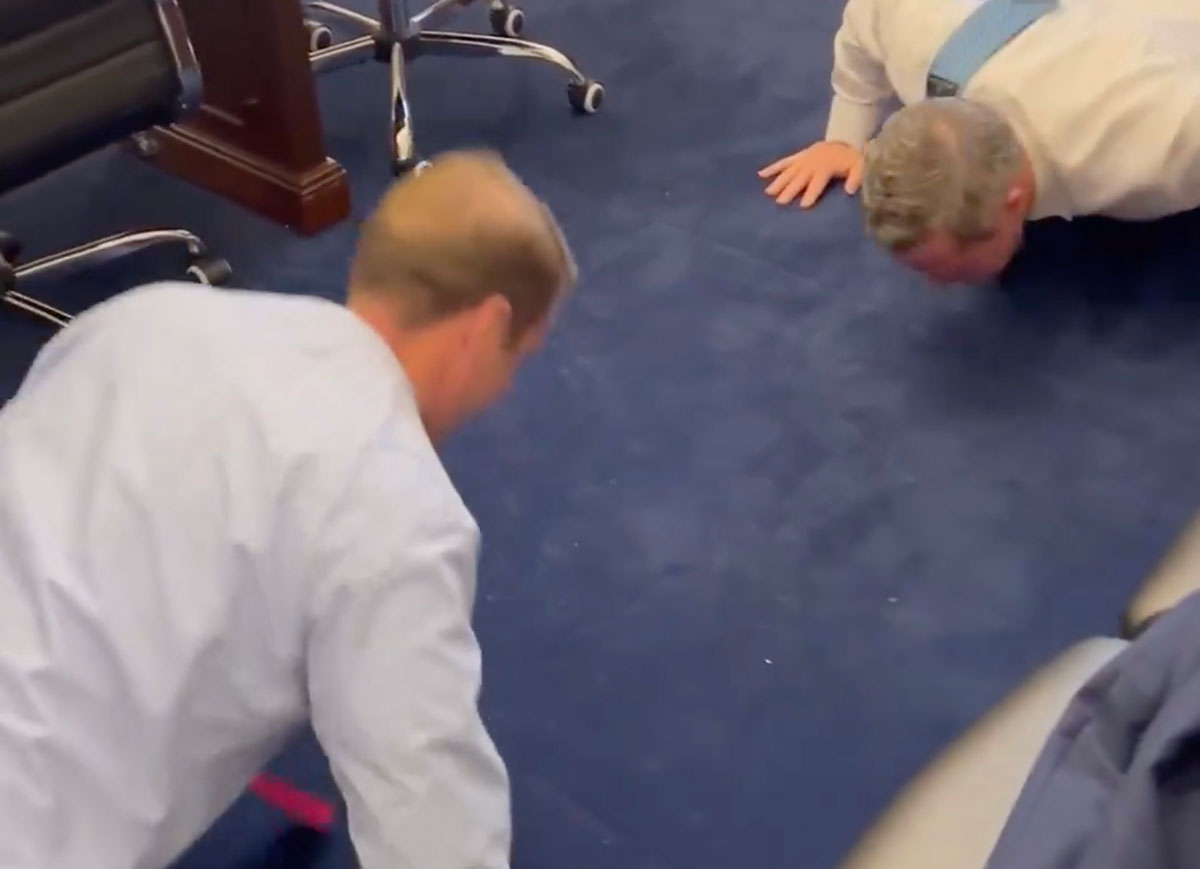‘Talk To Me So I Can Fall Asleep’ by CRATER Album Review: A Profound Statement About Modern Anxieties

3/5
CRATER’s debut album Talk to Me so I Can Fall Asleep is a postmodern electro-pop achievement that successfully captures the inexpressible anxiety and modern frustrations brought about with the advent of mobile technologies. The Seattle female duo Ceci Gomez and Kessiah Gordon contemplate the loss of proper human contact and its substitution for the ever insufficient and unfulfilling communication through across glowing screens.
CRATER’s ‘Talk to Me so I Can Fall Asleep’
CRATER’s industrial pop melodies provide the cold context that intends to alienate the listeners. Piercing guitars and raw vocals run in almost complete opposition to the sensitivity of the lyrics. At times, certain phrases seem quirky, improper and out of place as if the ladies are cheekily poking fun at modern culture. However, upon further consideration, it is those detached asides that gain the most profundity and hint at something larger that’s at stake. The distance between the melodic lines and the lyrics mimics the perpetual distance we experience in our contemporary daily lives. CRATER’s lyrics leave us longing for an answer or some sort of resolution to our modern anxieties, but there ultimately isn’t one.
On “Ain’t Right” — the album’s first outspoken hint of the emotional inability to connect — CRATER sing repetitively, “I’m not who you should want / I’m gonna beg you not to love me.” This is then taken up by one of the most essential tracks on the record. “Habits Die Slow” is a wonderful celebration of the unhealthy habits we keep going back to, be they substance-related or returning to the same pathological patterns in our relationships. CRATER sing wistfully, “If there’s something that will kill you, it’s ’cause habits all die slow.” The persona keeps falling back on the damaging patterns of behavior, carelessly letting her relationship slowly deteriorate. This uncomfortably dark realization is delivered over a delightfully positive melodic line and gentle beats. The track culminates with an overpowering guitar solo, which momentarily changes the mood, and is brought to a protracted electro conclusion.
“Gross Relations” is one of the most musically exciting and experimental tracks that marks the album’s half point. It takes unexpected turns every few seconds, relying largely on instrumental quality. The varied sounds range from layered synths, beats and electronic samples to reticent vocals over electric guitar. Towards the end of the album “Badlands” similarly stands out with its eccentric almost ambient instrumentals, which proves to be their most unique and outstanding quality. The closing track “Brew” brings the album’s overarching message home without too many abstractions. The song openly urges for a step towards meaningful connection without the pretense and artificiality of technology, which their dissociated industrial sound effectively mimics.
Ultimately, CRATER take a bold step into the indie pop scene and are likely to make some splash. Their music is extremely relatable while remaining unpredictable and surreal with abrupt cuts and beat changes that make the sound rich and expressive.
Get the album here!
RELATED ARTICLES
Get the most-revealing celebrity conversations with the uInterview podcast!







Leave a comment